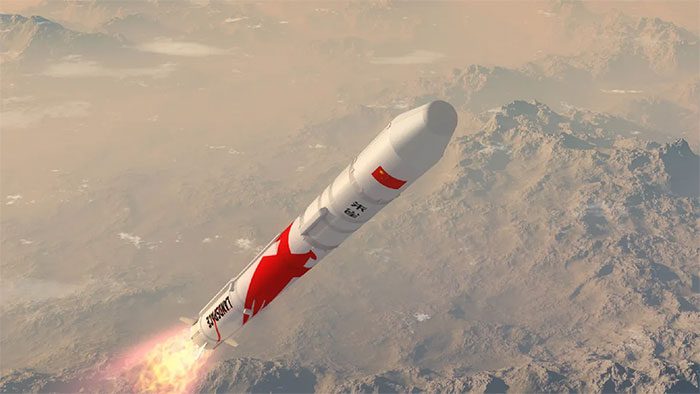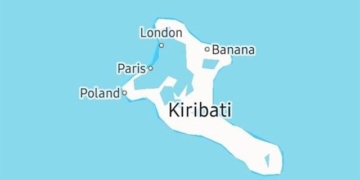Zhuque-2, the world’s first methane-fueled orbital rocket, failed to achieve its mission on December 14 and lost 14 satellites.
The launch on December 14 marked the first orbital flight of a vehicle using methane fuel, as well as China’s first launch of a commercial liquid-fueled rocket. When used as rocket fuel, methane is more efficient, easier to produce, and environmentally friendly compared to traditional fuels like kerosene.

Methane-fueled rocket Zhuque-2.
The launch took place at the Jiuquan Satellite Launch Center in the Gobi Desert, aiming to deploy multiple commercial satellites into a Sun-synchronous orbit. However, Zhuque-2, developed by Beijing-based Landspace, failed to reach orbit. It appears that the rocket’s second stage encountered issues, leading to mission failure and the loss of all 14 satellites.
The China National Space Administration has not yet issued an official statement regarding the launch. Some images suggest that the rocket’s first stage performed well. However, approximately five minutes after launch, the rocket experienced a significant loss of altitude and speed.
Despite the failure, this mission continues to highlight the rapid development of China’s space program. In 2022, the country successfully conducted nearly 60 launches and completed the T-shaped structure of the Tiangong space station.
Private space companies have also made significant progress this year, with several launch service providers beginning to deliver goods into orbit for the China Aerospace Science and Industry Corporation (CASIC), a state-owned enterprise. Landspace is currently developing a second Zhuque-2 rocket, but it remains unclear when the company will conduct its next launch.





















































